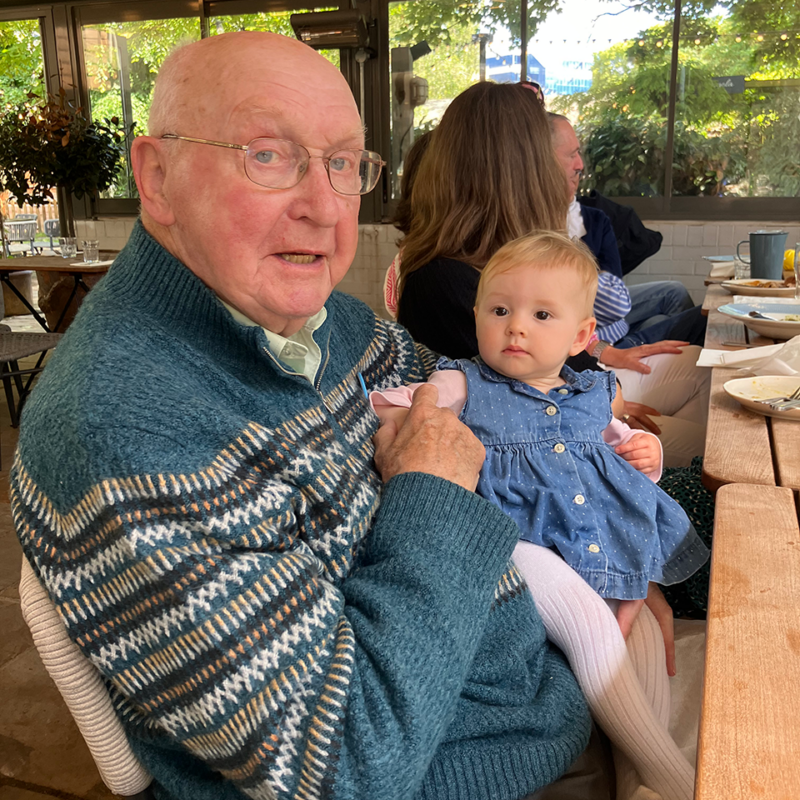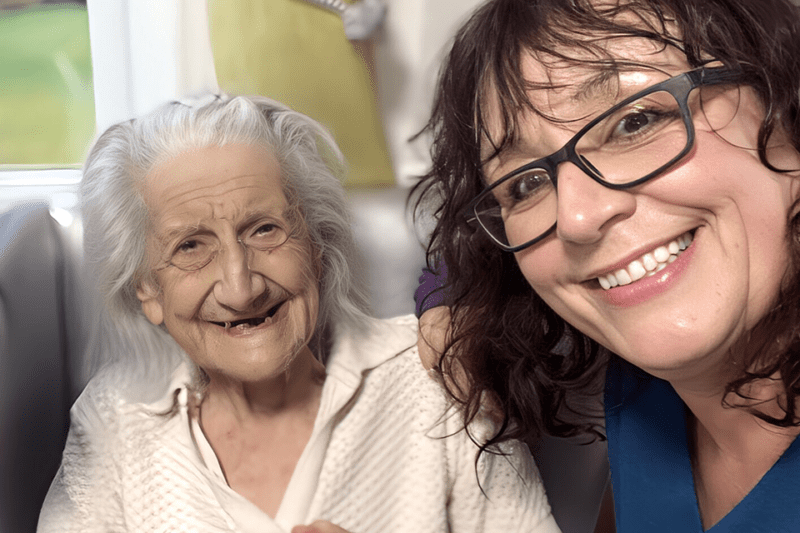
Caring for Dad, from near and afar – Simon’s story
Simon, who has lived in New Zealand for two decades, discusses how he cares for his dad who has Alzheimer’s disease and lives alone in the UK.
Parkinson’s is a condition in which a part of the brain called the substantia nigra loses nerve cells. This loss of nerve cells results in a reduction of a substance called dopamine which is important for the regulation of movement of the body. As the dopamine levels decrease the person’s movements become slower. Most people with a diagnosis of Parkinson’s do not go on to develop dementia – although about a third will, usually in the later stages. This is known as ‘Parkinson’s with dementia’ and may also be referred to as Lewy body dementia.
It is estimated that Parkinson’s affects about 1 in 500 people and it is currently thought that it may be due to a combination of genetic and environmental causes. About one-fifth of people diagnosed with Parkinson’s are under 40 years old but it is more common in the over 50s.
As the disease progresses people who have Parkinson’s are increasingly likely to have a tremor, shaking, slowness of movement and rigidity. It can also cause problems with balance, sleep, swallowing, speech and increase the risk of falls. This can cause embarrassment, distress, discomfort and social isolation.
Research has indicated that in Parkinson’s the person’s cognitive processes can also be affected and these may get progressively worse over the years, with some people going onto develop dementia in the later stages of Parkinson’s. The cognitive changes could include:
The person may also show signs of depression or anxiety.
Currently there is no cure for Parkinson’s, but UK and international research is ongoing.
With Parkinson’s the interventions are focused on support, management of the changes, working with the person and their family to ensure they can live as well as possible with the condition. The physical effects of Parkinson’s can be managed by:
If the person with Parkinson’s has significant communication or cognitive issues they can be reduced by:
Remember that comprehension can often be well preserved even if the person cannot communicate verbally.
The person with Parkinson’s and their family may need to be assessed for their eligibility for financial support, have a needs assessment and Carers Assessment. This will enable the family to receive the necessary advice and support to live as well as possible.
For more information visit parkinsons.org.uk or call 0808 800 0303. You can also phone our free Dementia Helpline to speak to a dementia specialist Admiral Nurse about Parkinson’s disease on 0800 888 6678 (Monday-Friday 9am-9pm, Saturday and Sunday 9am-5pm), email helpline@dementiauk.org or you can pre-book an appointment by phone or video call.
Our virtual clinics give you the chance to discuss any questions or concerns with a dementia specialist Admiral Nurse by phone or video call, at a time that suits you.

Simon, who has lived in New Zealand for two decades, discusses how he cares for his dad who has Alzheimer’s disease and lives alone in the UK.

Janet shares her experience caring for husband Ben and how they maintained the joy of Christmas after his diagnosis.

Shara reflects on her journey caring for Anna, her mother, who was diagnosed with vascular dementia in 2016.